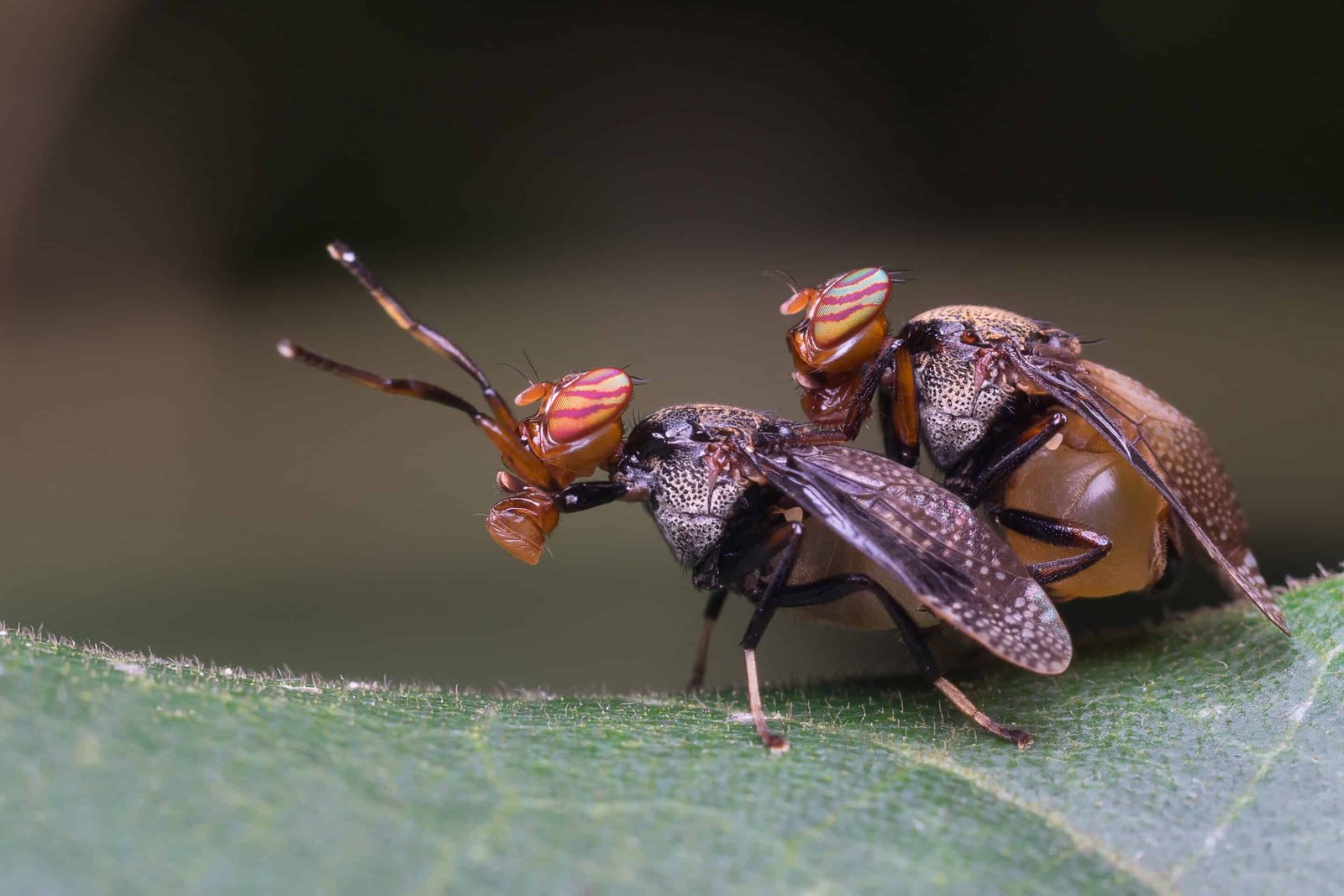Fornication is a term that has deep historical and cultural roots, often associated with sexual behavior considered immoral or unethical within certain societal contexts. On the other hand, bed bugs are small parasitic insects that feed on the blood of humans and animals, inflicting discomfort and distress. While seemingly unrelated, there exists a metaphorical parallel between fornication and bed bugs, shedding light on hidden aspects of both human behavior and the unseen world of pests.

In this article, we will explore the historical, cultural, and psychological dimensions of fornication, and then delve into the unexpected relationship between this concept and the prevalence of bed bugs.
Fornication – A Historical and Cultural Overview
The Historical Context of Fornication:
Fornication, derived from the Latin word “fornicari,” originally referred to the act of engaging in sexual intercourse outside of marriage. Throughout history, different societies and religions have held varying views on sexual behavior, with some condemning premarital or extramarital relations as sinful or morally wrong. These perspectives have shaped societal norms, laws, and moral codes, influencing individuals’ behaviors and relationships.
1.2 Cultural Perceptions and Shifting Paradigms:
Cultural attitudes toward fornication have evolved over time. Some cultures embraced more liberal views, advocating for sexual freedom and individual autonomy, while others maintained stringent regulations to preserve family structures and social order. These perceptions have been influenced by religious teachings, philosophical ideologies, and the societal roles assigned to individuals.
1.3 Psychological Dimensions of Fornication:
The psychological aspects of fornication are complex. Societal stigmatization, guilt, shame, and personal beliefs can impact individuals’ mental well-being and self-esteem. The emergence of sexual psychology and therapy has opened discussions about healthy sexual behaviors, consent, communication, and emotional well-being in intimate relationships.
Bed Bugs – Unseen Intruders
2.1 The Bed Bug Menace:
Bed bugs, scientifically known as Cimex lectularius, are small, flat insects that infest human habitats, particularly beds and furniture, to feed on the blood of their hosts. These pests were once widespread but became less common with the advent of effective pesticides. However, recent years have seen a resurgence in bed bug infestations, attributed to increased global travel, pesticide resistance, and inadequate public awareness.
2.2 The Physical and Psychological Toll:
Bed bug infestations can have profound physical and psychological effects on individuals. The bites can lead to itching, allergic reactions, and even secondary infections. The psychological toll is often underestimated, as the feeling of invasion in one’s personal space can cause anxiety, stress, and sleep disturbances.
2.3 The Stigma and Silence:
Similar to the societal stigma surrounding fornication, bed bug infestations can also carry a sense of shame and embarrassment. People often remain silent about their infestations due to fear of judgment and the erroneous assumption that infestations are indicative of uncleanliness or neglect.
The Unseen Parallel – Fornication and Bed Bugs
3.1 The Metaphorical Link:
The parallel between fornication and bed bugs lies in the concept of “unseen” behavior. Fornication, often carried out in private, hidden spaces, mirrors the behavior of bed bugs that operate in the darkness of night, unseen by their hosts. This metaphor highlights the duality of human behavior – what is hidden from the public eye but has significant impacts on individuals’ lives.
3.2 Societal Perception and Concealment:
Just as fornication can be kept hidden due to societal norms and judgment, bed bug infestations are often concealed due to shame and embarrassment. The parallel underscores the dichotomy between public image and private struggles, calling for empathy and understanding for both personal choices and pest-related challenges.
3.3 Addressing the Unseen:
By examining the parallel, we can foster discussions about societal judgments, privacy, and vulnerability. It also opens the door to conversations about the importance of seeking help when facing challenges, whether in personal relationships or pest control. Just as therapy and counseling can provide emotional support for individuals navigating complex relationships, professional pest control services can address the physical and emotional toll of bed bug infestations.
Read also: Dermatologist Misdiagnosing Bed Bug Bites
Conclusion:
The parallel between fornication and bed bugs serves as a reminder that seemingly unrelated concepts can offer valuable insights into the human experience. By exploring the historical, cultural, and psychological dimensions of fornication and examining the hidden aspects of bed bug infestations, we gain a deeper understanding of the complexities of human behavior and the challenges individuals face, whether in matters of personal relationships or pest-related struggles. Embracing empathy, understanding, and open dialogue can lead to a more compassionate and informed society.
If you’re struggling with a bed bug infestation and need professional assistance, don’t hesitate to contact Tulsa Bed Bug Exterminator. Our experienced team offers expert solutions tailored to your needs, helping you reclaim your home from bed bugs. Schedule a consultation today and take the first step towards a bed bug-free home.

Recent Comments